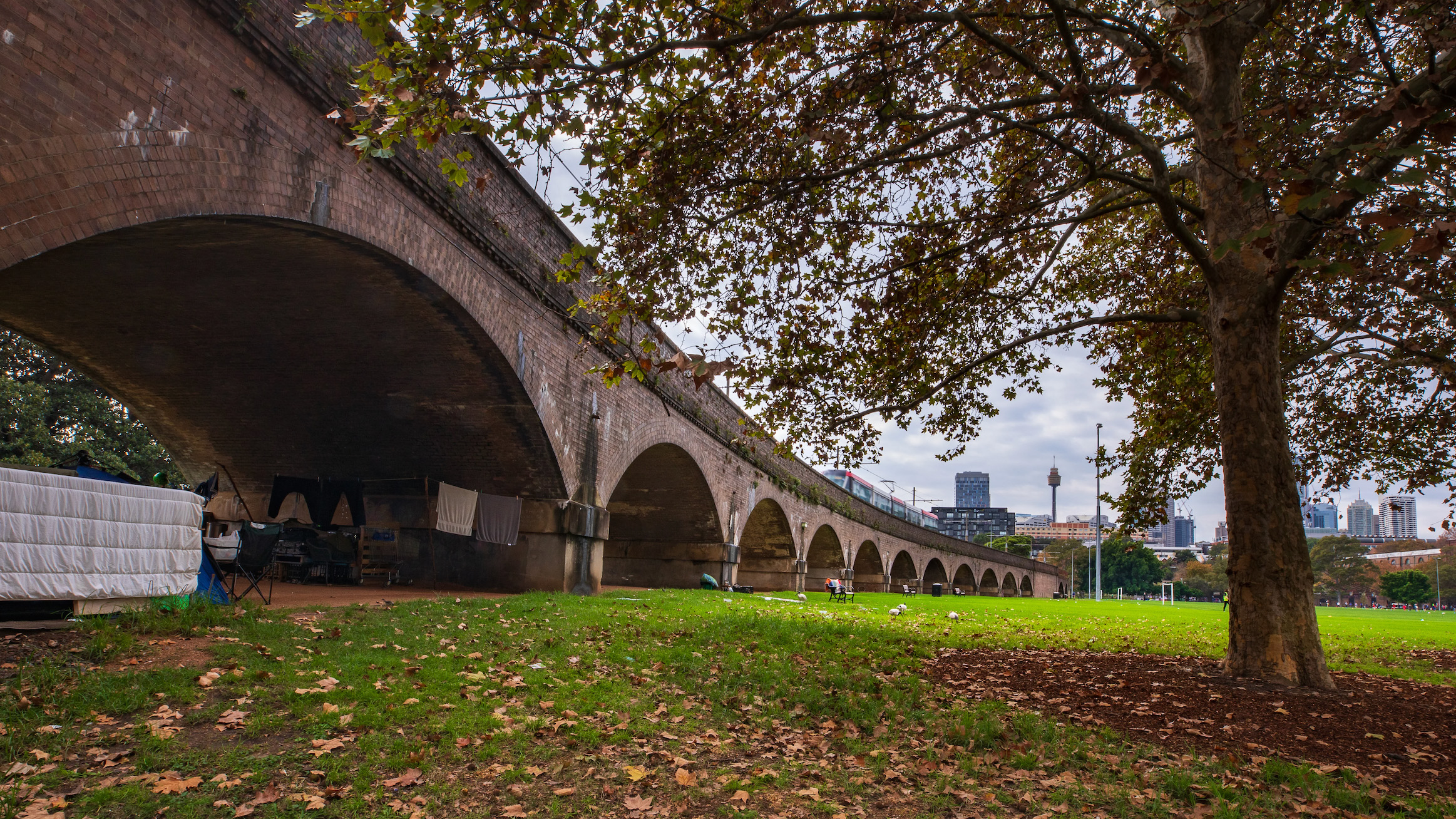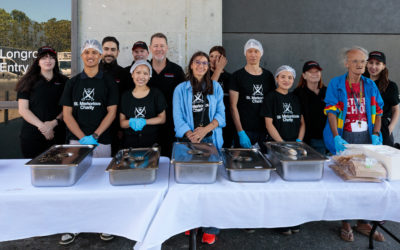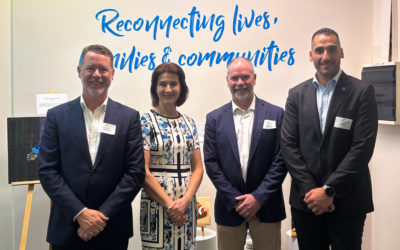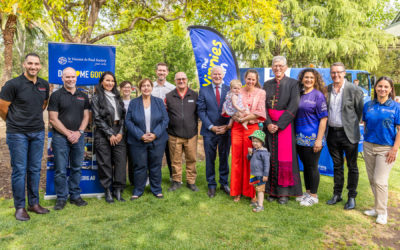When it comes to the homeless, there is no one stop shop. It is a challenge, government, non-government agencies and charities have been grappling with for decades.

Sydney Zero is an action-orientated, collaborative project to make rough sleeping rare, brief and non-recurring in Inner Sydney.
But that’s changing thanks to the End Street Sleeping Collaboration (ESCC) and Sydney Zero – a group of organisations determined to break the cycle of homelessness.
The City of Sydney, the Department of Communities and Justice, homelessness services and philanthropists have come together to implement the Sydney Zero project.
The PAYCE Foundation is the founding philanthropic partner of the ESSC.
According to ESSC Director Dominic Sullivan, a game-changer is the ESSC digital tool, the By-Name List.
“It is a digital app, which allows frontline works to help people by recording accurately, with their permission, exactly what assistance they require,” he said.
“It is proving invaluable, as the information is critical to finding the assistance for people with complex needs.”
The ESSC says Sarah (not her real names) is a good example of someone receiving the assistance they need.
She first came to the attention of agencies and community organisations while staying in government-funded temporary housing in Wollongong.
Sarah displayed signs of paranoia and refused to provide the sort of information needed for the temporary housing to be extended. Sarah returned to rough sleeping.
For the next nine months, Sarah was trying alone to navigate the complexities of the system whilst experiencing complex mental health and trauma.
During this period, Sarah spent more than a year sleeping on the streets or in crisis accommodation and had no connection to health services and support.
Sarah began engaging with services again in Wollongong and, for the first time, provided consent to having personal information added to the By-Name List.
Sarah was then referred to five different housing, homelessness and health services.
This identified the health support that Sarah required.
Two months later, and whilst still sleeping rough, Sarah moved from Wollongong to Sydney and presented at a homelessness service in Newtown.
Sarah’s information and history of homelessness could be identified quickly from the By-Name List.
A collaboration of services combined to provide Sarah with temporary accommodation and case management support.
Because this need was so clear from the By-Name List, Sarah was admitted to hospital for mental health treatment and was then supported by a mental health outreach program.
Once Sarah’s mental health was stabilised, the case management team supporting Sarah found that Sarah had family and her own home on the NSW north coast.
She was assisted to return home and was reconnected with her family after six months.
In all, ten services across two districts supported Sarah over a period of eight months.
Mr Sullivan said: “By having personal information on the BNL – and despite moving locations — Sarah’s support needs were provided, creating conditions for the best outcome to be identified and fulfilled for her in a timely way.”


